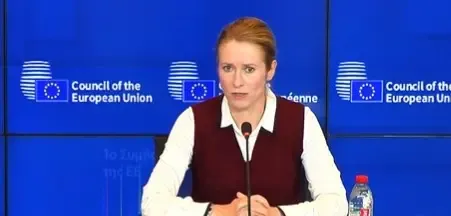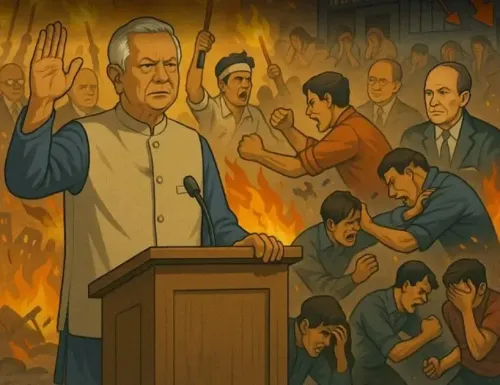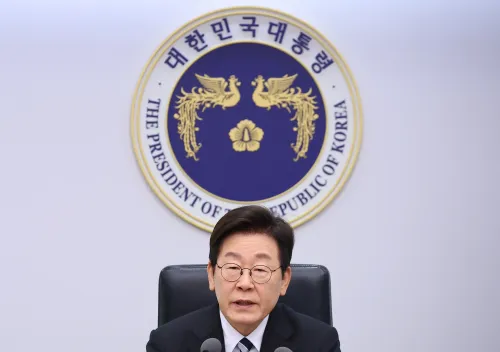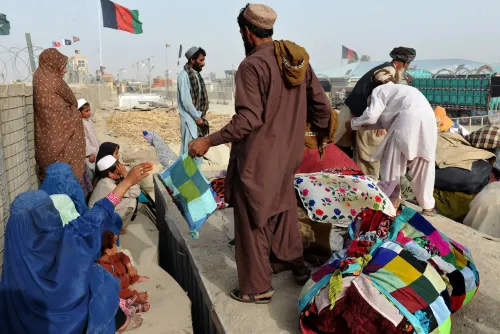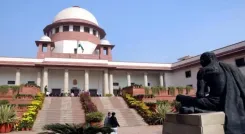Is Israel Required to Uphold Human Rights in Palestine According to the World Court?
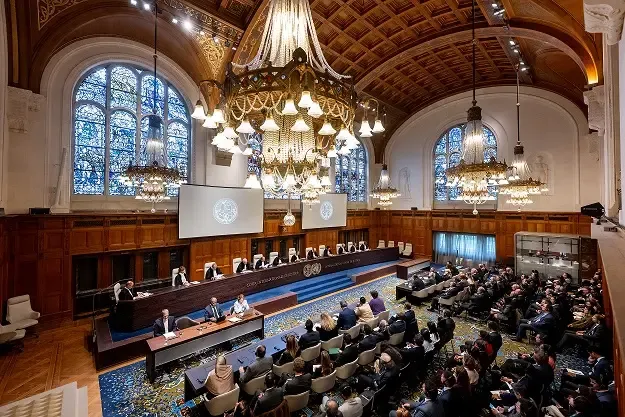
Synopsis
Key Takeaways
- Israel must uphold international human rights laws in Palestinian territories.
- Collaboration with the UN and humanitarian organizations is essential.
- The World Court's opinion is a significant advisory but non-binding.
- Humanitarian conditions in Gaza are dire, with risks of famine.
- Political responses vary, highlighting the complex nature of the conflict.
United Nations, Oct 23 (NationPress) The World Court has stated that Israel is mandated to adhere to international human rights law in the Palestinian regions and collaborate with the UN along with other global organizations to offer assistance to the local populace.
This advisory opinion, released on Wednesday in The Hague upon request by the General Assembly, does not compel Israel to comply; nonetheless, it represents a significant achievement for the UN.
In its pointed statement, the International Court of Justice (ICJ) emphasized that Israel must uphold the ban on using starvation as a weapon against civilians and ensure that essential supplies for daily living—including food, water, clothing, bedding, shelter, fuel, and medical supplies—are accessible to the people in the Palestinian territories.
The UN has reported that individuals in Gaza are facing the risk of famine and starvation due to Israel's restrictions on the flow of relief supplies amidst its military operations against Hamas, which initiated a terrorist onslaught against Israel in 2023.
The court highlighted Israel's duty to collaborate with the UN Relief and Works Agency (UNRWA), which delivers food assistance and various services to the Palestinian community. However, Israel has effectively prohibited the organization, alleging that its personnel have affiliations with Hamas.
In response, Israel's Permanent Representative Danny Danon remarked on X, stating, "While The Hague criticizes Israel, it intentionally overlooks the war crimes committed by Hamas and the role of UNRWA, which has become a breeding ground for terror in Gaza."
Israel's foreign ministry vehemently dismissed the opinion, labeling it as a politicization of international law aimed at achieving political outcomes.
The US State Department echoed this sentiment, denouncing the advisory opinion as a politically charged and non-binding decree, which it claims unfairly targets Israel while allowing UNRWA to escape scrutiny for its deep connections with Hamas terrorism.
However, Secretary-General Antonio Guterres welcomed the opinion, as stated by his spokesperson Stephane Dujarric, urging Israel to fulfill its commitments regarding the presence and actions of the UN and other humanitarian entities in the Occupied Palestinian Territory in line with the Advisory Opinion.
In light of the Gaza agreement brokered by US President Donald Trump between Israel and Hamas on October 8, Israel is compelled to permit humanitarian supplies into Gaza, with relief trucks already beginning to deliver aid.
The resolution that initiated this referral was adopted last year with 137 votes in favor, including India, against 12, with 22 abstentions, amidst ongoing conflict in Gaza.
The Court's President Yuji Iwasawa articulated the opinion, which was unanimous on several points, with Vice President Julia Sebutinde dissenting on others.
In an earlier advisory opinion, the court declared Israel's prolonged occupation of the West Bank, Gaza, and East Jerusalem, acquired during the Six-Day War of 1967, as unlawful.

